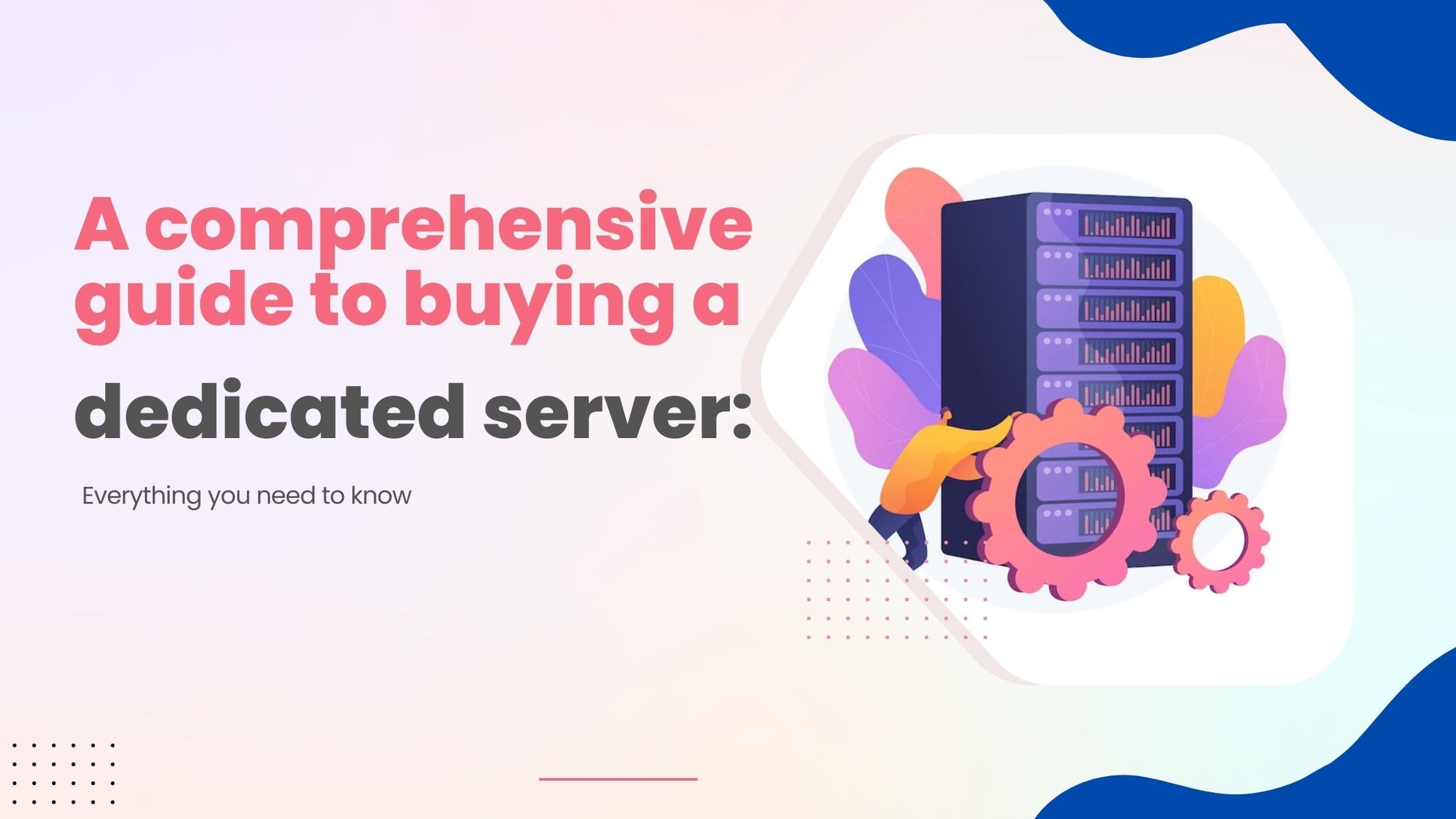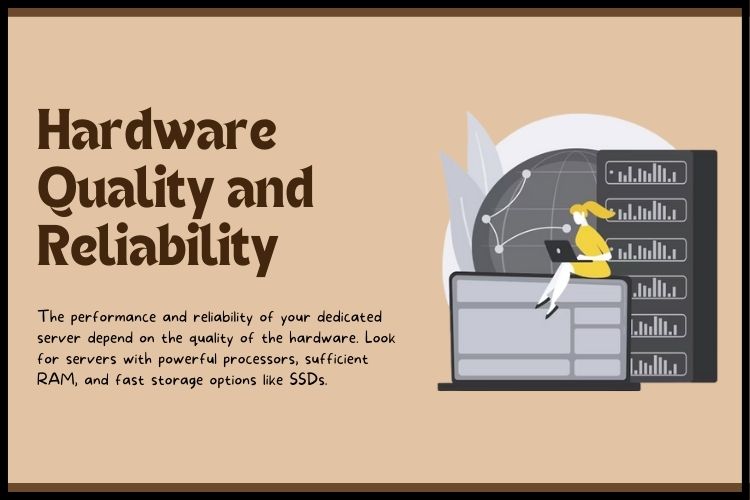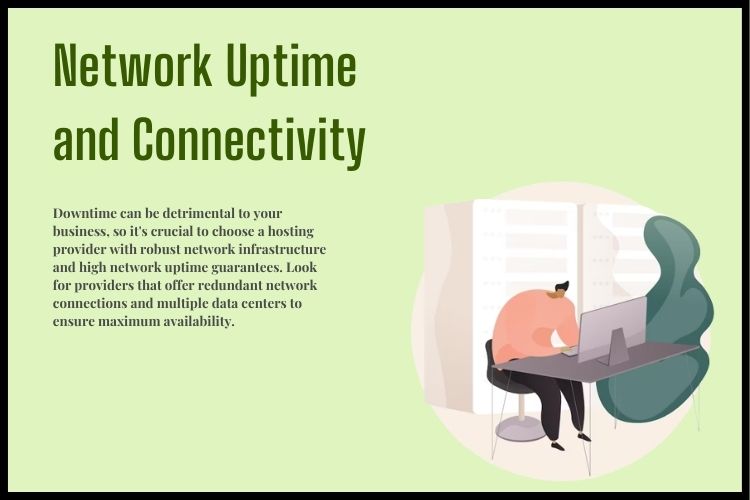Summary

Article Name
A comprehensive guide to buying a dedicated server: Everything you need to know
Description
In today's digital landscape, businesses often require robust hosting solutions to support their online presence. One popular option is a dedicated server, offering exclusive resources and enhanced performance.
Author
Iram
Publisher Name
Buy Dedicated Server
Publisher Logo



